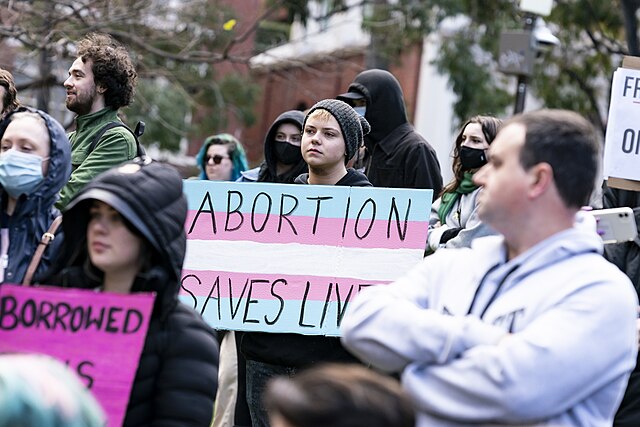Some delicate issues remain; negotiations not yet finished
On Thursday, April 2, Iran, the United States and five other world powers arrived at the base of a deal after 18 months of negotiations to limit Iran’s nuclear program. The preliminary deal limits Iran’s nuclear capabilities for the next 15 years.
Although the deal still has some unresolved issues, this preliminary agreement has been hailed a major success across the international community on the part of the Obama administration. Just a few days prior to the agreement, the administration stated that there was a “50-50 chance” of coming to an agreement by the April 2 deadline.
If the final agreement is reached by the set date of June 30, the deal would be “the most significant concord between Iran and major world powers” since 1979, the year of Iran’s Islamic Revolution, according to The New York Times.
The central achievement of this preliminary deal was Iran’s agreement to reduce its current stockpile of low-enriched uranium by 98 percent. Iran also agreed to reduce its capabilities to produce a nuclear weapon within a year, by dismantling a significant number of installed centrifuges.
Although Iran will be able to keep two nuclear facilities under the current deal, they must be used for civilian purposes only, and thus will be converted into research facilities for medical and energy purposes.
Iran’s economy has been crippled by sanctions from a significant number of states, resulting in poor access to the international market, high levels of unemployment within Iran and a huge reduction of Iranian oil sales. When the deal was announced in Iran, Iranians took to the streets to celebrate, with Iranian leaders like Supreme Leader Ayatollah Khamenei calling the talks a success.
Although many others are also calling the talks successful, only a preliminary deal has been agreed upon by the parties. Iran is urging the international community to relieve the sanctions immediately, now that a deal has been struck. The United States has said that sanctions will be removed in stages when Iran shows progress of following the agreement by dismantling some of their nuclear capabilities.
In addition, the details of how Iran’s nuclear capabilities will be removed and lessened has not been clarified yet. The United States is pressing for the rights of the United Nations to inspect any Iranian military base, while Iran still presses back against the proposal.
Though many Iranians were pleased with reports of the deal and the potential removal of international sanctions, there were still many detractors from other parts of the world.
Israeli Prime Minister Benjamin Netanyahu, a staunch and vocal opponent of the deal, said that it “would threaten the survival” of the state of Israel. In response, President Barack Obama said that he would increase cooperation and consultation with Israel in order to keep Iranian threats at bay.
In addition, many Republicans were critical of the Obama administration’s role in the negotiations. Congressional Republicans have written a bill that could be used to kill the deal if successfully passed.
As a response to this action, Obama said that “if Congress kills this deal, not based on expert analysis, and without offering any reasonable alternative, then it’s the United States that will be blamed for the failure of diplomacy.”
If a final agreement is reached by June 30, President Obama’s diplomatic agenda may be looked on more favorably in the future.

